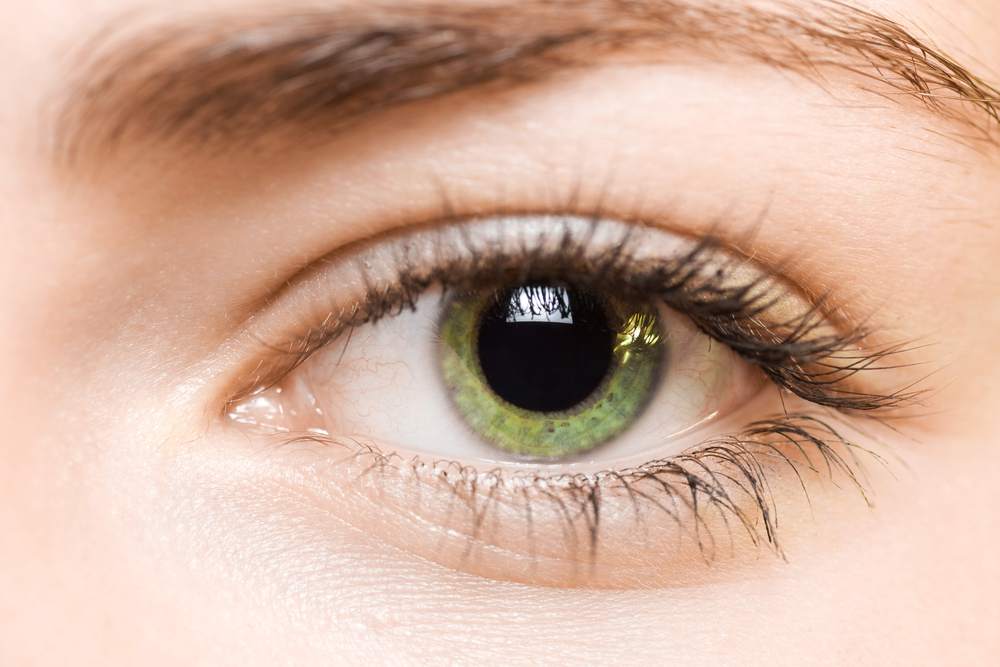In a world driven by visuals, the prospect of enjoying crystal-clear vision without the constant reliance on spectacles or contact lenses can be a tempting one. LASIK (Laser-Assisted in Situ Keratomileusis), a popular form of refractive eye surgery, promises to do just that. However, one question that often bubbles up is whether the results of LASIK are permanent. In this blog, we delve into the science behind LASIK, its long-term outcomes, and the factors that may influence its permanence.
Contents
Understanding LASIK
 LASIK, which stands for Laser-Assisted in Situ Keratomileusis, is a popular type of refractive eye surgery. It can correct common vision problems such as myopia (nearsightedness), hyperopia (farsightedness), and astigmatism. The main goal of LASIK is to reduce or even eliminate an individual’s dependency on glasses or contact lenses. And ultimately enhancing their overall quality of life.
LASIK, which stands for Laser-Assisted in Situ Keratomileusis, is a popular type of refractive eye surgery. It can correct common vision problems such as myopia (nearsightedness), hyperopia (farsightedness), and astigmatism. The main goal of LASIK is to reduce or even eliminate an individual’s dependency on glasses or contact lenses. And ultimately enhancing their overall quality of life.
The procedure involves the use of a specialized laser to reshape the cornea – the clear, round dome at the front of the eye. By altering the cornea’s shape, LASIK enables light entering the eye to be properly focused onto the retina. Then, resulting in clearer vision.
While LASIK has been approved by the U.S. Food and Drug Administration (FDA) and has a high patient satisfaction rate. Still, it’s important for anyone considering the procedure to fully understand the potential risks and benefits. A comprehensive eye exam and a discussion with a qualified ophthalmologist are essential first steps to determine if LASIK is a suitable option.
Is LASIK Permanent?
The concept of permanence in the context of LASIK surgery is nuanced and depends largely on individual perspectives. Essentially, yes, LASIK is considered permanent. Because the reshaping of your corneal tissue does not change back over time. The alteration of the cornea to correct vision is a long-lasting procedure. And for many patients, LASIK can lead to clear vision without glasses or contact lenses for many years, sometimes decades.
However, it’s important to note that LASIK permanently corrects the vision issues that were present at the time of the surgery. But it cannot stop the natural progression of age-related vision changes. Conditions like presbyopia (the need for reading glasses due to aging) and cataracts can still develop over time. And these changes can affect the clarity of your vision post-LASIK.
Individual healing patterns, adherence to post-operative care, and other systemic conditions can impact the longevity of LASIK results.
So, while LASIK is technically a permanent procedure, the vision clarity it provides can be influenced by a number of factors. Therefore, it’s essential to have realistic expectations and a thorough understanding of the procedure and its potential outcomes.


 The results of LASIK are inherently permanent as the procedure involves a physical reshaping of the cornea to correct refractive errors. Once the cornea has been reshaped, it doesn’t change back. However, maintaining optimal visual acuity after LASIK over a longer period depends on several factors.
The results of LASIK are inherently permanent as the procedure involves a physical reshaping of the cornea to correct refractive errors. Once the cornea has been reshaped, it doesn’t change back. However, maintaining optimal visual acuity after LASIK over a longer period depends on several factors.

Very interesting info!Perfect just what I was looking for!Blog money